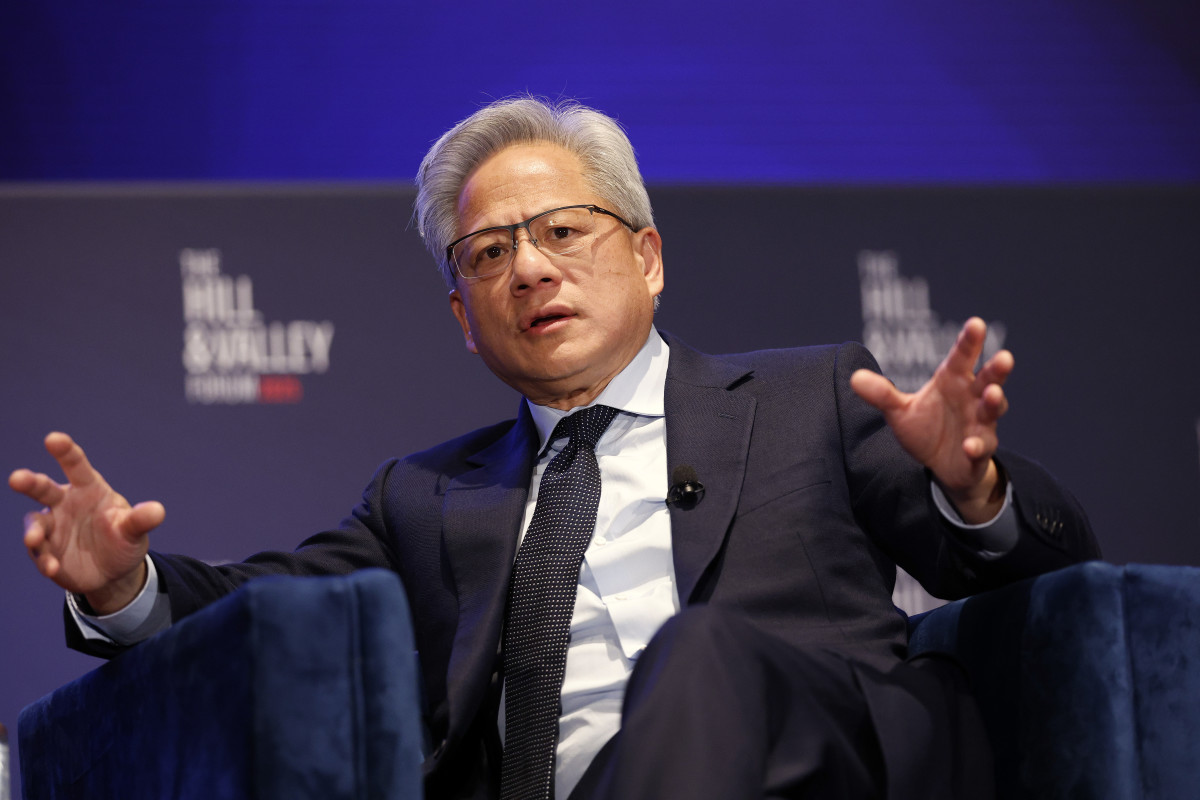Tech Titans Clash: Nvidia Fires Back at Anthropic's Controversial Allegations

Nvidia is pushing back against allegations of chip smuggling, challenging claims about its AI technology exports as the United States prepares to implement stricter restrictions on semiconductor shipments to China.
The tech giant is taking a proactive stance in response to mounting accusations, arguing that some of the smuggling claims are exaggerated and do not accurately represent the company's export practices. With tensions rising between the U.S. and China over advanced technology transfers, Nvidia is working to clarify its position and defend its reputation.
The upcoming U.S. export restrictions are expected to significantly impact the semiconductor industry, particularly in the realm of high-performance AI chips. Nvidia, a leading manufacturer of graphics processing units (GPUs) crucial for artificial intelligence applications, finds itself at the center of this complex geopolitical and technological landscape.
The company is carefully navigating the delicate balance between compliance with international trade regulations and maintaining its competitive edge in the global AI technology market. By addressing the smuggling allegations head-on, Nvidia aims to demonstrate its commitment to responsible business practices while protecting its strategic interests.
As the tech world watches closely, the unfolding situation highlights the increasing scrutiny of technology transfers and the critical role of semiconductor companies in the global AI ecosystem.
